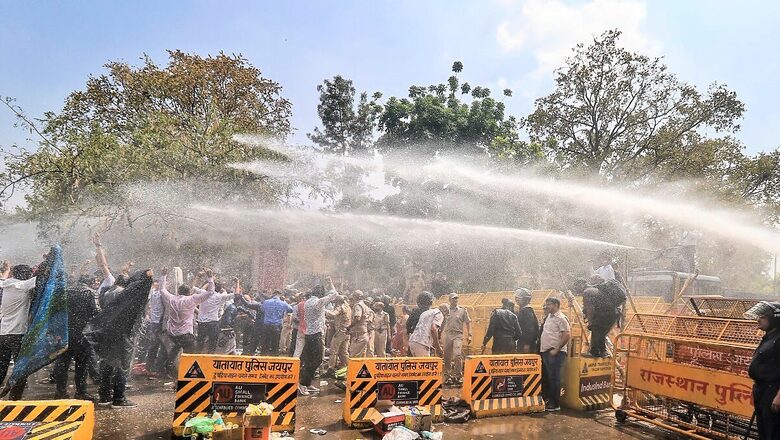
views
The standoff between the private doctors agitating against the Rajasthan Right to Health bill passed in the assembly a day ago and the state government continued on Wednesday with the health minister outrightly rejecting the demand to withdraw it.
The bill was passed in the Rajasthan Assembly with amendments made according to the report of the select committee of the House, which also incorporated the suggestions given by the doctors.
According to the provisions of the Rajasthan Right to Health Bill, 2022, every resident will have the right to emergency treatment and care “without prepayment” at any “public health institution, health care establishment and designated health care centres”.
There are total 20 rights mentioned in the bill.
Health Minister Parsadi Lal Meena on Tuesday said Rajasthan is the first state in the country where such a bill has been passed after consultation with the select committee in which suggestions of doctors were also incorporated but now private doctors are demanding its withdrawal which is totally unjustified.
Following apprehensions from MLAs, the bill was referred to the select committee after it was introduced in September last year. The amendments were made and the bill was passed accordingly post a detailed discussion by the select committee.
“There is not a single suggestion of the doctors which was not considered by the committee. We have incorporated all of their suggestions but later they started demanding the complete withdrawal of the bill which is not justified,” the minister told reporters Wednesday.
He said BJP members also gave suggestions regarding the bill which was passed with the consent of all.
“There are several differences between the bill which was originally introduced and the bill which was passed. One-to-one meetings with the doctors took place, chief secretary, and health secretary individually talked to the doctors and sought their suggestions. The government has already considered their suggestion but despite that, they are agitating,” he said.
The minister categorically said that the bill will not be withdrawn and its rules will be framed soon to provide the right to health to the people.
BJP leader and Deputy Leader of Opposition (LoP) Rajendra Rathore urged the Congress-led government to only define multi-speciality hospitals having at least 50 beds as designated hospitals in the bill to enable doctors to handle emergencies properly.
During a debate on the bill Tuesday, the minister responded to the suggestion and said Rathore’s advice would be added while framing the rules.
On this, the LoP said, “It should have been included in the draft of the bill itself.” On the other hand, the agitating doctors said they will intensify their protest.
“The demand was the complete withdrawal of the bill which will increase bureaucratic interference in the functioning of the private hospitals. This bill is not in the interest of the public and our agitation will continue,” Dr Vijay Kapoor, secretary of the Private Hospitals and Nursing Home Society, said.
Before the bill was amended following recommendations by the committee, the draft mentioned “any health care provider, establishment or facility, including private provider, establishment or facility, public health institution, health care establishment and designated health care centres, qualified”.
The select committee replaced this part with “public health institution, health care establishment and designated health care centres”.
According to the amended bill that was passed, “designated health care centres” means health care centres as prescribed in the rules.
The bill defines a “health care establishment” as the whole or any part of a public or private institution, facility, building or place operated to provide health care. If a patient does not pay the charges after emergency care, stabilisation and referral, the government will reimburse the health care provider.
The health minister said as per the Chiranjeevi scheme, under which free treatment upto Rs 10 lakh (at present) is provided in empanelled hospitals, the state government reimburses the amount to the hospitals within 21 days.
Chief Minister Ashok Gehlot in the state budget 2023-24 has announced to increase the limit under the scheme from Rs 10 lakh to Rs 25 lakh per year per family.
At present, he said, there are nearly 1,000 hospitals which are providing treatment under the Chiranjeevi scheme.
The amended bill defines “accidental emergency”, “designated health care centres”, “emergency”, “emergency care”, “emergency obstetric care”, “first aid”, “stabilise”, and “transfer or transport”.
Earlier, the bill had every “person” in the section of Right to Health but it was replaced with “resident”.
The original bill did not have the provision for reimbursement but after the discussion in the select committee, the provision of reimbursement was added.
“After proper emergency care, stablisation and transfer of the patient if patient does not pay requisite charges, healthcare provider shall be entitled to receive requisite fee and charges or proper reimbursement from State Government in prescribed manner as the case may be,” it read.
Apart from these, the main bill had the provision of “state health authority” but the amended version of the bill has the provision of two independent bodies which are – “state health authority for logistical grievances” and “state health authority for treatment protocol”.
In both committees, two members (each) will be nominated from Indian Medical Association (IMA), Rajasthan. This was included after the suggestion of the doctors.
For logistical grievances, the state health authority will have 10 functions, including ensuring quality and cost-effective health and diagnostic services by the health sector and hearing all appeals against decisions of the district health authority related to logistical grievances.
As for the treatment protocol, the authority will have six functions, including ensuring quality and cost-effective health and diagnostic services by the health sector.
Read all the Latest India News here













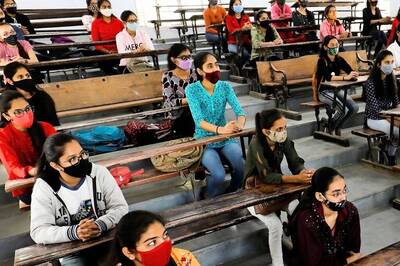
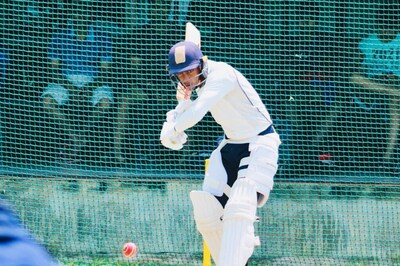
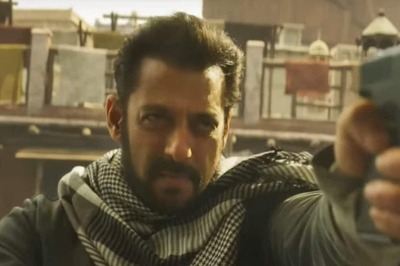

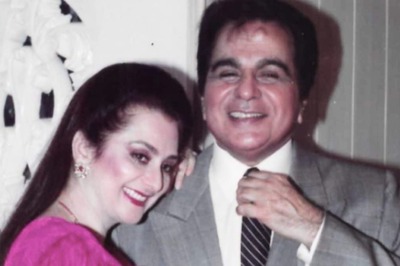


Comments
0 comment